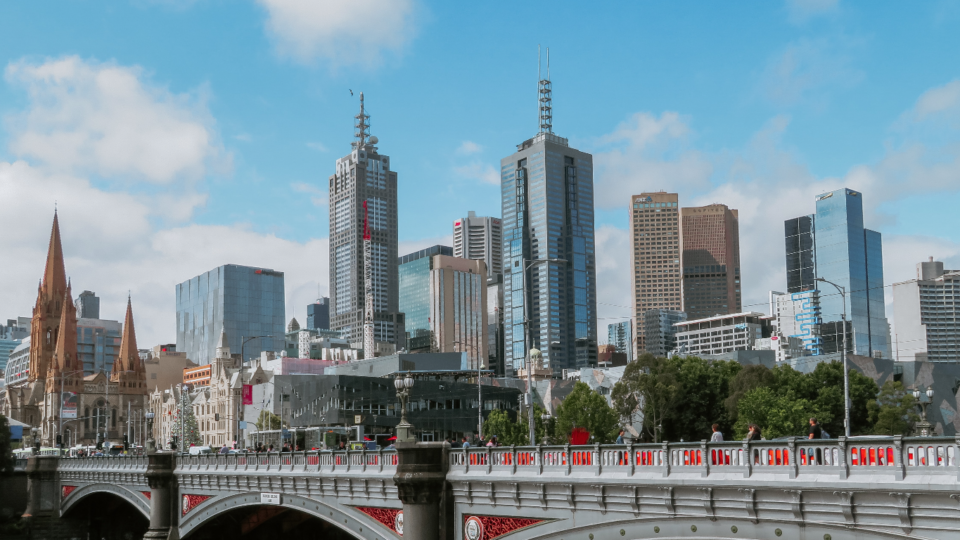When we look back on this moment in years to come, will it mark a turning point in the relationship between business and society? What should that relationship look like in the future?
Possibly, as what people choose to consume, how and from who is changing/evolving, as is the connection between business and society. Although, recently we’ve seen Amazon’s CEO Jeff Besoz adding $13billion to his net worth in one day during this pandemic highlighting the disconnect and inequalities between businesses, the wealthy and society in general.
If the measurement of a country’s key metric is Increased GDP which requires people to consume things they don’t need and to do more of it each year on year in order to be ‘successful’ then we need a new metric.
How will Covid-19 shape the future of work?
Covid-19 has changed how and where people work. This has forced innovation through online collaboration and seen increased Productivity. In addition, we’ve seen businesses develop flexible work hours and increased understanding as people juggle work life with home life.
The previous office set up will not be made redundant, but its purpose will change as COVID19 has demonstrated through this digital world that work can happen from anywhere.
Is the pandemic accelerating workplace processes in terms of remote working, collaboration and digitalization
The pandemic has forced innovation through online collaboration. Amusingly, the greatest challenge in this process and evolution has been people learning to unmute and mute their microphone.
Is there a silver lining? Has society responded to this moral test by putting people before profit in a way that it didn’t with the test of climate change and inequality?
To be frank, I’m not sure that something that has killed 680k people to date can have a silver lining, however, how societies have responded has been somewhat reflective of their Government. Some Governments have arm-wrestled between health and economic strategies, while others have lagged in action and are dealing with mass destruction as a result of this.
I think the moral test continues as COVID-19, like a number of global inequalities, impacts the most vulnerable members of our society the most. If COVID-19 has taught us anything it is that stopping an emergency is better than responding to one and we can see this highlighted best in the way we are (or are not) combatting Climate Change.
Has business support during this time-displaced the role of public services? Who’s responsibility is it to look after communities right now? Can legislators and the public sector learn from the business response, or is it the other way around?
This is varied between countries and business sectors. Currently, in Australia, specifically Victoria, we’re seeing challenges between private and public services in Aged Care facilities.
The responsibility lies within the elected representative of the people to act in their best interest. This becomes complicated when these same people have vested interests through various lobby groups and private relationships.
A collaborative approach always works best, when this occurs between business and government there needs to be full disclosure and transparency.
What have been the lesser-publicised challenges of this crisis for businesses? Have you faced any difficulties that you feel are unique to your work?
In Australia, we have been very fortunate in the stimulus packages that have been provided. However, there have been industries such as the Arts that not only enrich us from a cultural perspective but also commercially that have received inadequate support.
We’re a Small Business who was set to launch in January but didn’t due to the Australian bushfires. We pushed back our launch date to March but were haltered by this pandemic and we are still finding our feet, whilst waiting for the ‘How to launch a Business during a Pandemic for Dummies’ book to come out.
What have you personally learnt from this crisis? Have you experienced any business/personal changes for the better?
Some say crisis creates opportunity, what the pandemic has given us is time, time to revalue, reflect and reassess why we choose to exist. This period has reaffirmed that it is never too late to cultivate change, empathy and education. To be better and do better. We exist for ‘the Common Good’ and this is needed now more than ever.

